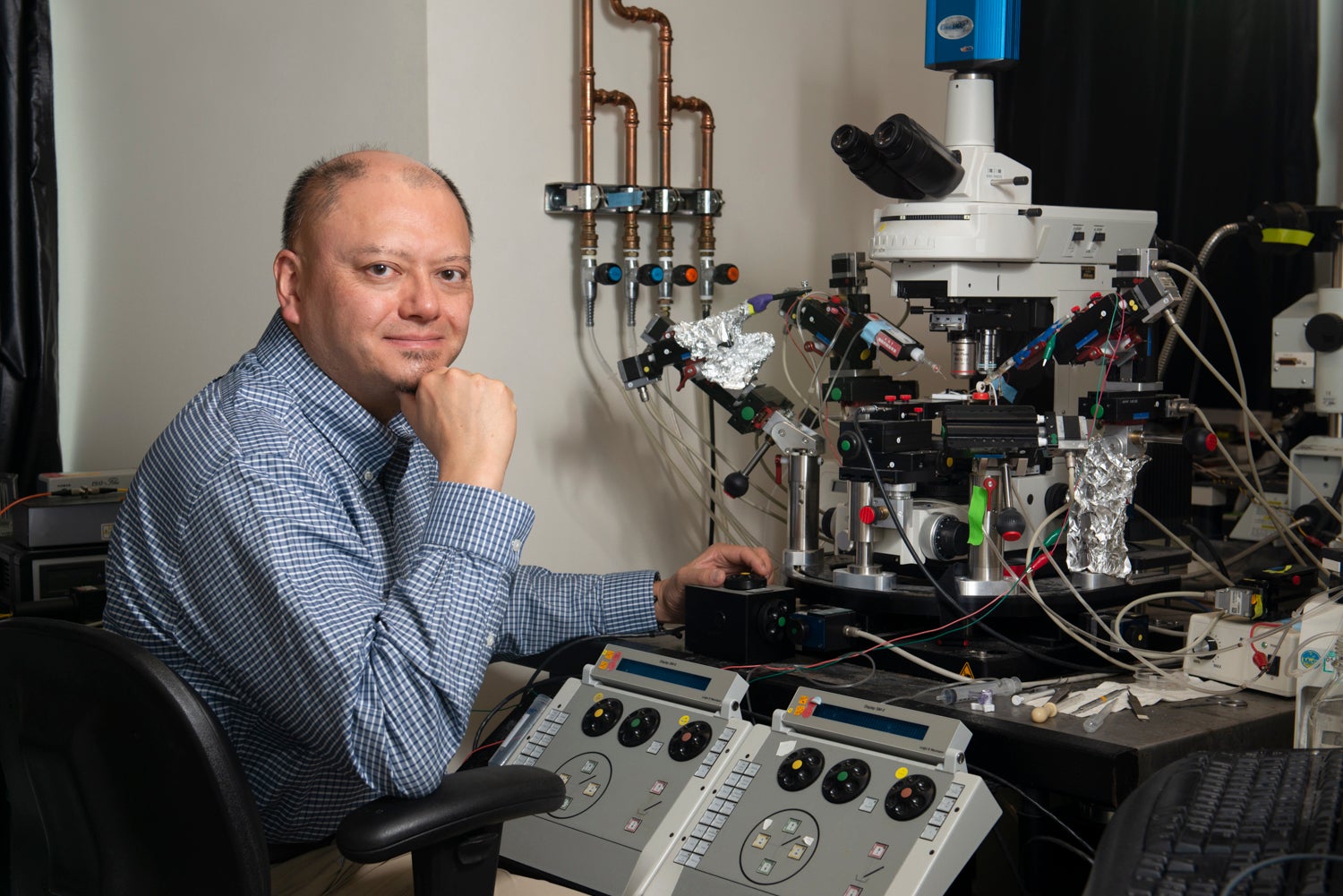Professor of Neurology, Kirby Center, Boston Children's Hospital
Professor of Neurology, Harvard Medical School

Much of our adult behavior reflects the neural circuits sculpted by experience in infancy and early childhood. At no other time in life does the surrounding environment so potently shape brain function – from basic motor skills, sensation or sleep to higher cognitive processes like language. How this plasticity waxes and wanes with age carries an impact far beyond neuroscience, including education policy, therapeutic approaches to developmental disorders or strategies for recovery from brain injury in adulthood.
The Hensch lab examines how early life experience shapes brain function, by examining the cellular and molecular factors controlling ‘critical periods’ or ‘sensitive periods’ in brain development. Neural circuits are both actively sculpted and vulnerable to disorders during such period of development. Integrating molecular, cellular and systems neuroscience, we have revealed that these periods are themselves plastic and reversible. Specific, inhibitory (GABA) circuits determine their onset timing, and “brake”-like factors ultimately consolidate this potent rewiring process. Translational research at Boston Children’s Hospital inspired by our work targets recovery from neurodevelopmental disorders, such as amblyopia, epilepsy and autism spectrum disorders.
Most recently, our work has been focused on determining the generality of this principle of excitatory-inhibitory balance regulating plasticity across brain regions and systems. Remarkably, a specific, local inhibitory circuit may drive critical period onset in visual cortex. Downstream of this trigger lies an extracellular proteolytic cascade and structural reorganizations, which ultimately consolidate plasticity. Imaging efforts at the Center for Brain Science will visualize the dynamic re-wiring of connections in mouse models to provide further insight for translational research into disorders of critical period development at Boston Children’s Hospital.
